When it comes to television, I have always been a ‘glancer’ rather than a ‘gazer’. Born somewhere between Generation X and Generation Y, I grew up with what is now commonly referred to as ‘traditional’ television. As a child, much of my television consumption served as accompaniment: I remember drawing pictures or setting up my toys in the living room, so I could enjoy the pleasant flow of television programmes.
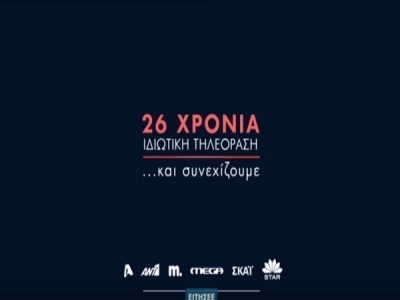
It was in the November of 1989 when the first private television station in Greece transmitted its first signal and new frequencies invaded the audiovisual landscape which had been dominated by the state monopoly. This invasion was a turning point in the history of Greek television, as it was the stone that moved the stagnant waters of the strict and petrified television landscape, fostered by the state-bred system.

I passed my viva! Hurrah! Good, now that’s out of the way, let’s talk about Channel 4 Comedy commission Catastrophe , which is currently airing its second series, less than a year after its first went out in January of 2015. And let’s also get something else out of the way: the total agreement I am in with the majority of TV critics about its being utterly brilliant. Good. That’s done too.
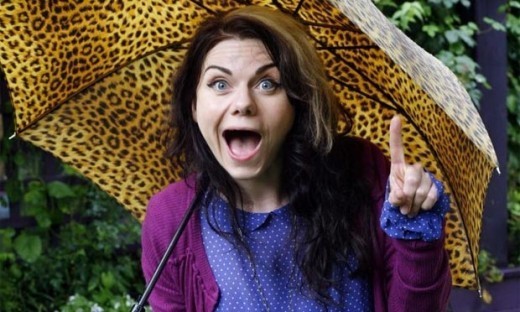
Sometimes, things coincide to throw a particular interesting light on an issue that needs raising. This week, for me, these things were the continued discussion in Europe (including the UK) about the sex attacks in Cologne on New Year’s Eve, an article on the hidden rise of violence against women and, the return of Tracey Ullman’s Show.

Stock characters in entertainment television are well known to all of us: the wise old man, the nurturing mother, and the rebellious teenager evoke images in our mind, accompanied by a set of character traits and flaws. They are stereotypical depictions of societal roles, which help us navigate through the story and set up certain expectations.

In 1990, Charlotte Brunsdon wrote an article entitled ‘Problems with Quality’. It examined British television’s claims to quality and investigated in particular how specific genres and aesthetics were claimed by a number of commentators, including politicians, critics and academics, and professionals as ‘quality’. It sparked a particular, British debate about what quality might mean at a time that by others was perceived as a period of
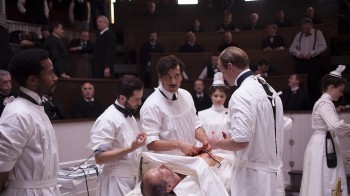
Mapping medical television is a complicated task.
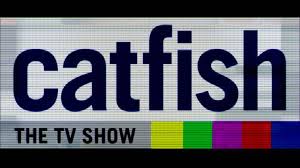
(Cat)Fishing for Love Catfish: The TV Show (MTV, 2012-) is a reality programme based on the documentary film Catfish (2010) which followed a young man building a romantic relationship with a woman he had met on Facebook, but never seen in real life.
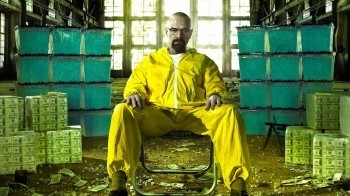
Elke Weissmann starts, David Leventes Palatinus continues. Please feel free to chip in. A few years ago my wonderful supervisor, Christine Geraghty, asked me what my experience was of speaking to other academics about television. My experience was fine – people seemed interested and polite. They spoke about programmes that they enjoyed and compared their experiences to mine.
As the UK moves closer to the end of its annual academic teaching period and we are becoming reflective and perhaps also a bit optimistic about the future, I am struck by one big question: what does it mean to teach television today? A few weeks ago, in his CSTonline Blog, Toby Miller made a case for the continuation of television in its most traditional of forms.
